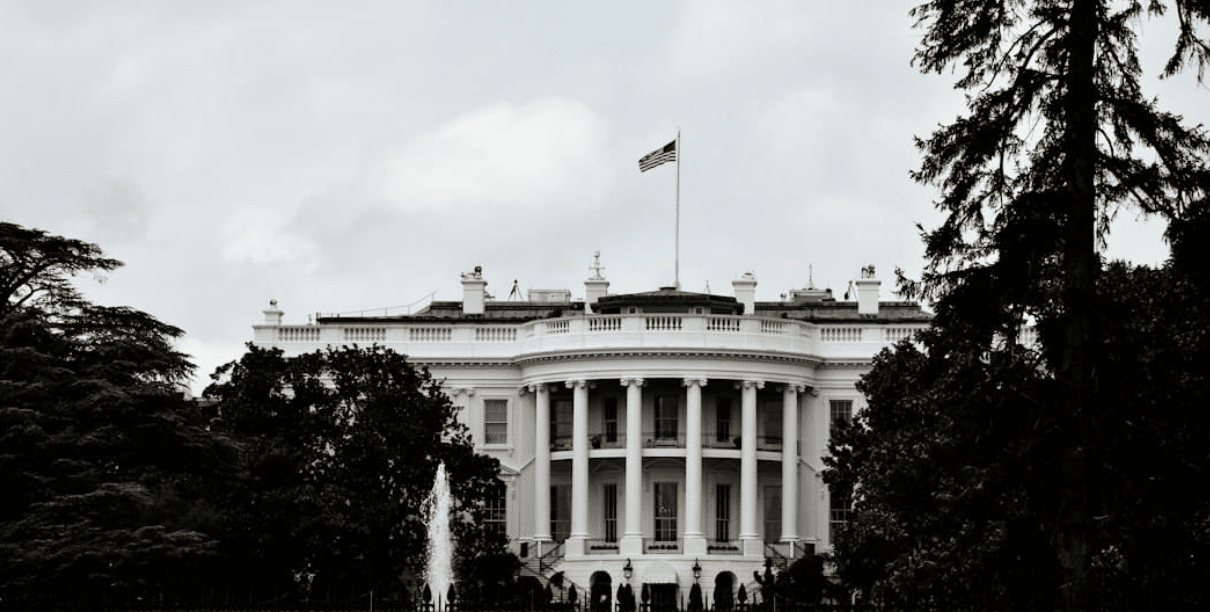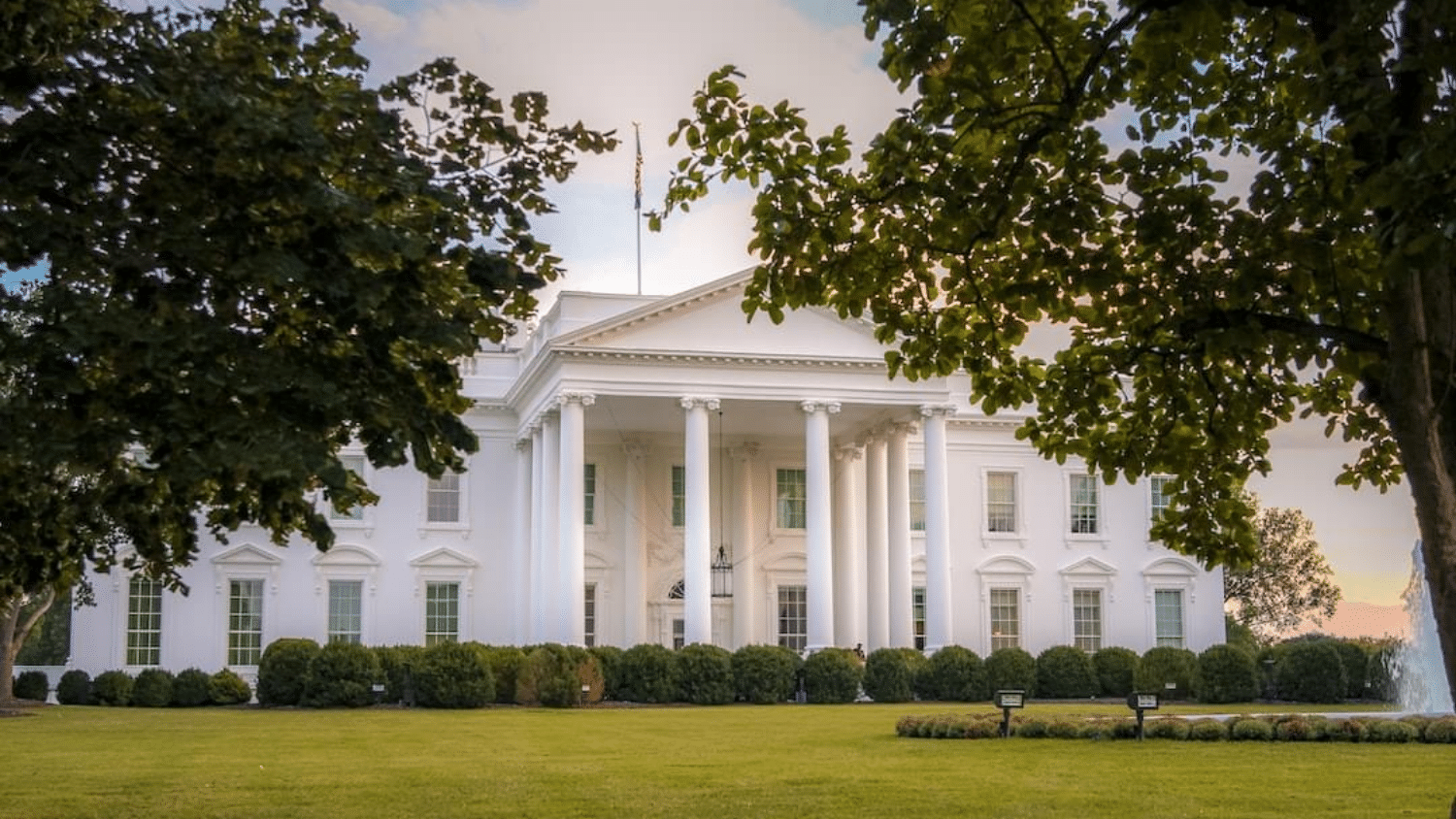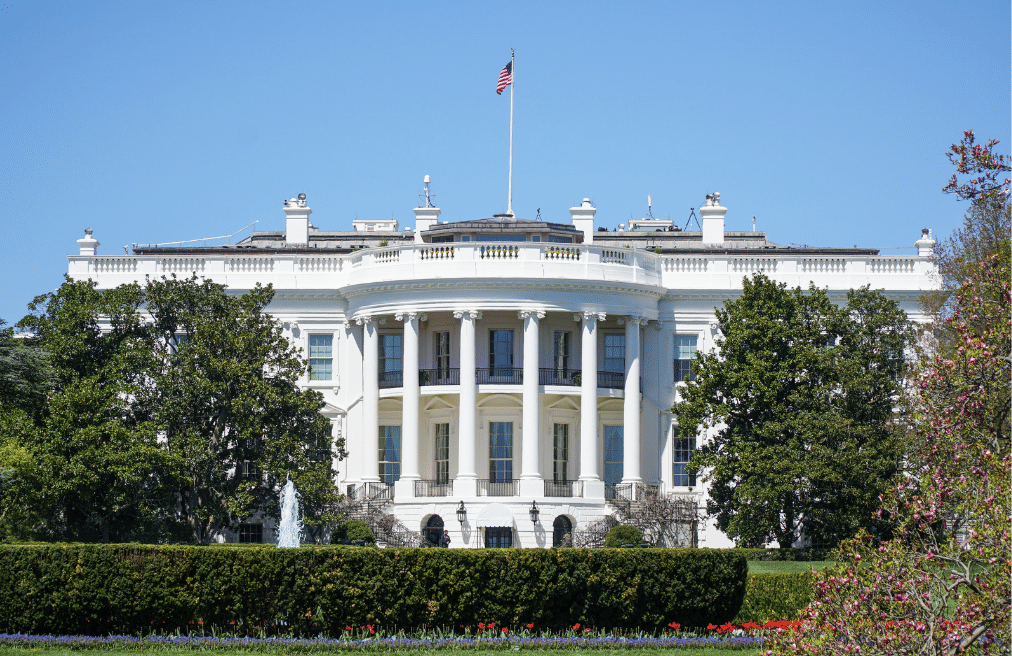Democrats Busch Valentine and Kunce in Tight Race for Nomination
The final Emerson College Polling/The Hill survey of very likely voters for the Missouri Republican primary finds Eric Schmitt with a 12-point lead for US Senate over his closest competitor with 33% of the vote. Vicky Hartzler follows with 21% and Eric Greitens in third with 16%. Seventeen percent of voters are undecided. These undecided voters were asked who they are leaning towards supporting next week. When their support is allocated to the candidates total support, Schmitt’s lead expands to 39%, Hartzler 25%, and Greitens 18%. Since the June Emerson College Polling Missouri survey, Greitens lost ten points, Schmitt gained 13 points, and Hartzler gained 5 points.
Voters see Greitens as the least favorable candidate among GOP primary voters: 61% have a somewhat (11%) or very (50%) unfavorable view of the former Governor, while 33% view him somewhat (15%) or very (17%) favorably. Conversely, 61% have a very (34%) or somewhat (27%) favorable opinion of Schmitt, 28% hold a somewhat (7%) or very (21%) unfavorable opinion. Hartzler’s favorability is more split: 46% have a very (20%) or somewhat (26%) favorable view of the Representative whereas 35% have a somewhat (15%) or very (20%) unfavorable view of her.
A plurality of Republican primary votes (41%) are more likely to support a candidate that has Donald Trump’s endorsement, while 22% are less likely. Thirty-seven percent (37%) say a Trump endorsement makes no difference.
Spencer Kimball, Executive Director of Emerson College Polling said, “Heading into the August 2 primary, 17% of voters are still undecided. Thirty-eight percent of these voters are more likely to support a candidate if endorsed by former President Trump, which could allow Schmitt to secure his lead or provide a last-minute game changer for Greitens if Trump were to get involved in the race.”
Trudy Busch Valentine has a slight edge over Lucas Kunce in the Democratic Primary: 39% support Busch Valentine while 35% support Kunce; 22% are undecided. Undecided voters were asked who they are leaning towards; with undecided voters allocated, both candidates increase about six points: Busch Valentine’s to 45% and Kunce’s to 41%.
“Kunce’s strongest demographic is the youth vote, leading Valentine 45% to 17% among voters under 30. Valentine, however, holds the plurality of support with voters over 30 — with increasing strength as they age,” said Kimball.
More Democratic primary voters have a “very favorable” opinion of Busch Valentine than Kunce, 34% to 24%. Overall, 70% have a very (34%) or somewhat (36%) favorable opinion of Valentine compared to 61% who have a very (24%) or somewhat (37%) favorable opinion of Kunce. Unfavorables are relatively low with both candidates; 13% have a somewhat (10%) or very (4%) unfavorable opinion of Busch Valentine while 11% have a somewhat (6%) or very (5%) unfavorable opinion of Kunce.
Fifty-seven percent of Republican voters say the economy is the most important issue facing the state. Democratic voters are concerned about abortion access in Missouri: 27% say it is the most important issue, followed by the economy (19%) and healthcare (17%).
President Biden holds a 17% approval among Republican primary voters and 73% among Democratic primary voters. Seventy-nine percent of GOP voters disapprove of the job the president is doing compared to 11% of Democratic voters. Governor Parsons holds a 57% approval and 27% disapproval among GOP voters. Among Democratic voters, the Governor holds an 86% disapproval and 5% approval rating. Senator Josh Hawley has a 66% approval among GOP voters, and 26% disapproval rating. Democratic primary voters overwhelmingly disapprove of Hawley: 93% disapprove and 4% approve.
Caller ID
The Emerson College/The Hill Missouri polls of very likely Republican and Democratic primary voters were conducted July 21-23, 2022. The Republican primary sample consisted of very likely Republican primary voters, n=1,000, with a margin of error (MOE) of +/- 3 percentage points. The Democratic primary sample consisted of very likely Democratic primary voters, n=1,000, with a margin of error of +/- 3 percentage points. The data sets were weighted by gender, age, education, region, and mode based on 2022 turnout modeling. It is important to remember that subsets based on demographics carry with them higher margins of error, as the sample size is reduced. Data was collected using a cellphone sample using SMS-to-web and an Interactive Voice Response (IVR) system of landlines.






